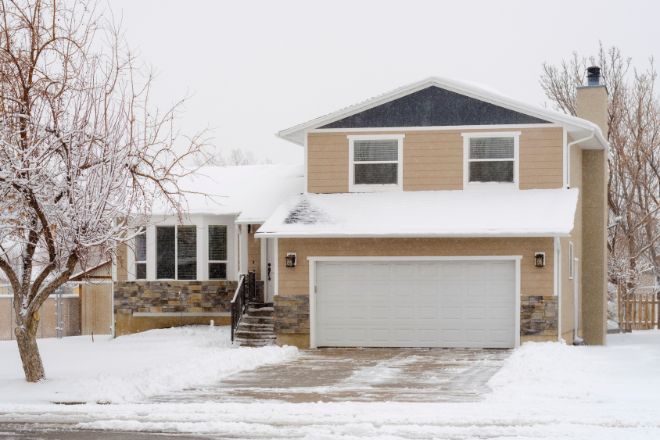An electrical panel, also known as a breaker panel or distribution board, is the central hub of your home’s electrical system. It is responsible for distributing power to all the circuits in your home, including lights, appliances and outlets. The panel contains circuit breakers or fuses that protect your home from electrical overloads and fires. In this article, we’ll explore what an electrical panel is, how it works, and why it’s essential for your home.
What is an Electrical Panel?
An electrical panel is a metal box that houses multiple circuit breakers or fuses. It receives electricity from the utility company and distributes it to the various circuits in your home. The panel is usually located in the basement, utility room, or garage of your home. It’s essential to know where your panel is located in case of an emergency, such as a power outage or a tripped circuit breaker.
How Does an Electrical Panel Work?
When electricity enters your home, it flows through the electrical panel and into the main circuit breaker. This breaker is responsible for protecting your home from electrical overloads and fires. If the electrical current exceeds the breaker’s limit, it will trip and the power to that particular circuit will shut off.
Each circuit in your home is connected to a separate breaker or fuse in the panel. The breaker or fuse is designed to trip or blow if the electrical current exceeds a safe limit. This prevents the circuit from overheating and potentially causing an electrical fire. If a circuit breaker trips, you can reset it by flipping the switch back to the “on” position. If a fuse blows, it must be replaced with a new one.
Why is an Electrical Panel Required?
An electrical panel is required to ensure the safety and reliability of your home’s electrical system. It is a crucial component that protects your home from electrical overloads and fires. Without an electrical panel, the circuits in your home would be unprotected and electrical devices could overheat, potentially causing an electrical fire.
If you’re renovating your home or adding new electrical devices, you may need to upgrade your electrical panel. Older homes may not have enough amperage to support modern electrical devices. It’s essential to have a licensed electrician inspect your electrical panel and determine if it needs to be upgraded. Upgrading your electrical panel will not only increase the safety of your home but also ensure that your electrical devices run smoothly and efficiently.
Conclusion
In conclusion, an panel is a critical component of your home’s electrical system. It distributes electricity to the various circuits in your home, protects your home from electrical overloads and fires and ensures the reliability and safety of your electrical system. If you’re renovating your home or adding new electrical devices, it’s essential to have a licensed electrician inspect your electrical panel and determine if it needs to be upgraded. Upgrading your electrical panel will give you peace of mind and ensure that your home is safe and efficient.





